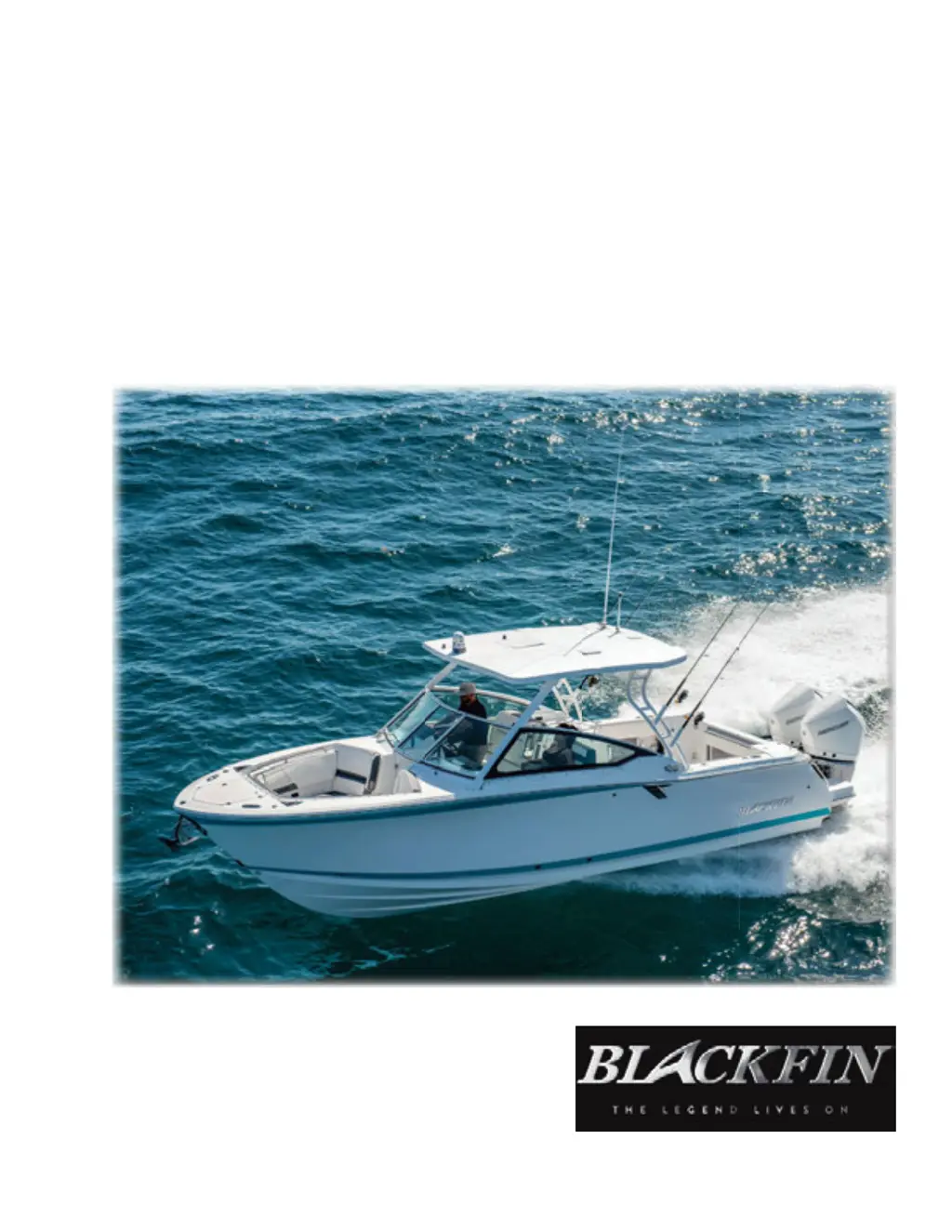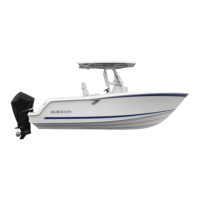Why is there no AC power to the battery charger on my Blackfin Boat?
- CCarlos SilvaSep 23, 2025
If there is no AC power to the battery charger on your Blackfin Boat, even with the shore cord connected: * Activate the breaker if the breaker at the shore outlet is off. * Replace the cord if the shore power cord is damaged or defective. * Replace the inlet connection if the shore inlet connection is corroded or defective.

